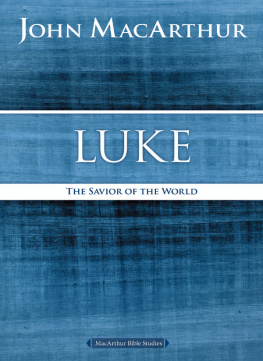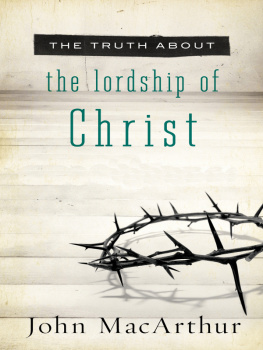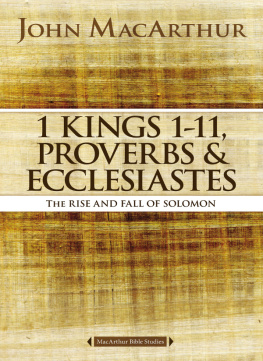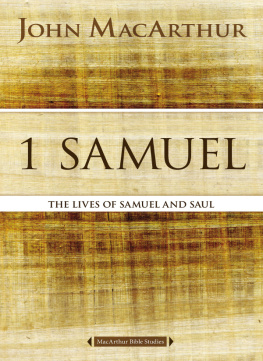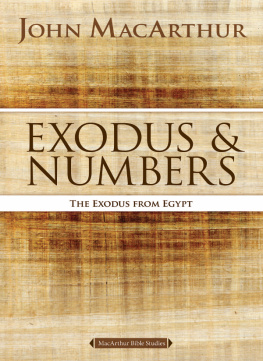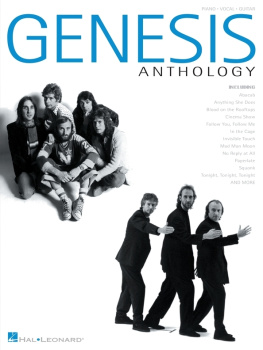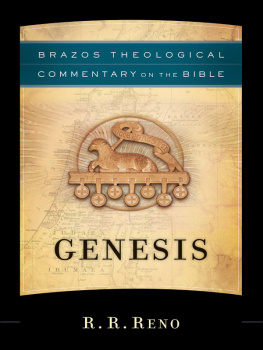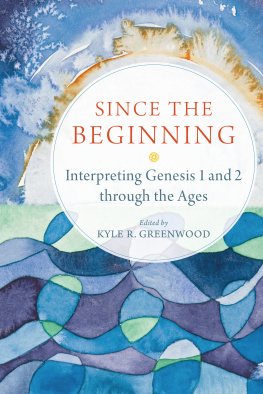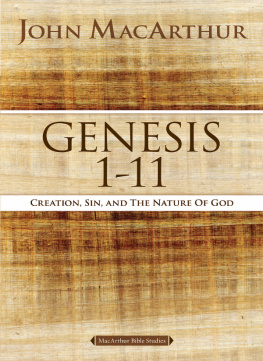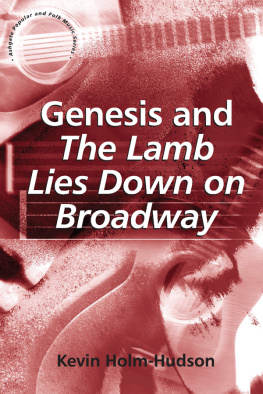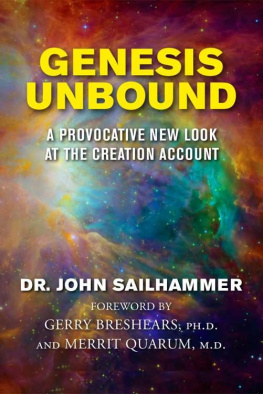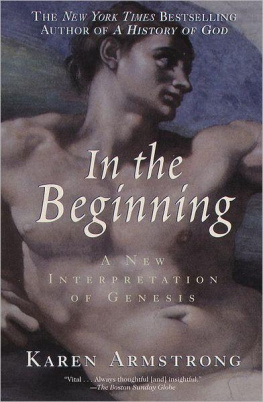
THE BATTLE FOR THE BEGINNING
____________
THE BATTLE
FOR THE BEGINNING
________
The Bible on Creation and the Fall of Adam
John MacArthur

THE BATTLE FOR THE BEGINNING:
The Bible on Creation and the Fall of Adam
Copyright 2001 by John MacArthur. All rights reserved. No portion of this book may be reproduced in any form without the written permission of the copyright owner, except for brief excerpts quoted in critical reviews.
Nelson Books may be purchased in bulk for educational, business, fundraising, or sales promotional use. For information, please email SpeciaMarkets@ThomasNelson.com.
All Scripture quotations in this book, except those noted otherwise, are from the New King James Version, 1984 by Thomas Nelson, Inc.
Quotations marked NASB are from the New American Standard Bible, 1960, 1962, 1963, 1968, 1971, 1972, 1973, 1975, 1977, 1988, and 1995 by The Lockman Foundation, and are used by permission.
Quotations marked NIV are from The Holy Bible: New International Version.
Copyright 1973, 1978, 1984 by the International Bible Society. All rights reserved.
Used by permission of Zondervan Bible Publishers.
Quotations marked KJV are from the King James Version of the Bible.
Library of Congress Cataloging-in-Publication Data
MacArthur, John 1939
The battle for the beginning : the Bible on creation and the fall of Adam / John F. MacArthur, Jr.
p. cm.
Includes bibliographical references
ISBN 0-8499-1625-9 (HC)
ISBN 0-7852-7159-7 (SC)
1. Creationism. 2. Fall of man. 3. Bible. O.T. Genesis IIIICriticism, interpretation, etc. I. Title.
BS651.M23 2001
231.7652dc21
2001045546
Printed in the United States of America
05 06 07 08 09 PHX 5 4 3 2 1
To Bill Zimmer, faithful elder of Grace Community Church and loyal friend, whose lifelong devotion to the Book of Genesis and whose defense of its literal interpretation have been a great example to me.
CONTENTS
T HROUGH MORE THAN THREE DECADES of ministry at Grace Community Church, I have had the privilege of presenting expositional sermons almost every Sunday. I have preached systematically through one book of the bible on Sunday mornings and a different book on Sunday evenings. This has produced thousands of messages for which I have extensive original notes as well as taped recordings. It is from that volume of material that all my books are drawn. The number of books Ive written could never have been produced without that long-term preparation and preaching ministry.
It would also be impossible for me to publish so many books if it were not for the goodness of the Lord in giving me some exceptional editors who work on the materialmost notably Phil Johnson, who for years has faithfully applied his remarkable writing skills to the more critical books such as this one. This volume, like many others, is the product of a friendship and a partnership between us.
Others who assisted in various stages of the editorial process include Mary Hollingsworth and Rhonda Hogan from W Publishing Group, and Gary Knussman from the staff of Grace To You. I also want to say a special thanks to my dear friend and fellow pastor Lance Quinn, who helped by proofreading the final pages.
T HANKS TO THE THEORY OF EVOLUTION, naturalism is now the dominant religion of modern society. Less than a century and a half ago, Charles Darwin popularized the credo for this secular religion with his book The Origin of Species. Although most of Darwins theories about the mechanisms of evolution were discarded long ago, the doctrine of evolution itself has managed to achieve the status of a fundamental article of faith in the popular modern mind. Naturalism has now replaced Christianity as the main religion of the Western world, and evolution has become naturalisms principal dogma.
Naturalism is the view that every law and every force operating in the universe is natural rather than moral, spiritual, or supernatural. Naturalism is inherently antitheistic, rejecting the very concept of a personal God. Many assume naturalism therefore has nothing to do with religion. In fact, it is a common misconception that naturalism embodies the very essence of scientific objectivity. Naturalists themselves like to portray their system as a philosophy that stands in opposition to all faith-based world-views, pretending that it is scientifically and intellectually superior precisely because of its supposed nonreligious character.
Not so. Religion is exactly the right word to describe naturalism. The entire philosophy is built on a faith-based premise. Its basic presuppositiona rejection of everything supernaturalrequires a giant leap of faith. And nearly all its supporting theories must be taken by faith as well.
Consider the dogma of evolution, for example. The notion that natural evolutionary processes can account for the origin of all living species has never been and never will be established as fact. Nor is it scientific in any true sense of the word. Science deals with what can be observed and reproduced by experimentation. The origin of life can be neither observed nor reproduced in any laboratory. By definition, then, true science can give us no knowledge whatsoever about where we came from or how we got here. Belief in evolutionary theory is a matter of sheer faith. And dogmatic belief in any naturalistic theory is no more scientific than any other kind of religious faith.
Modern naturalism is often promulgated with a missionary zeal that has powerful religious overtones. The popular fish symbol many Christians put on their cars now has a naturalist counterpart: a fish with feet and the word Darwin embossed into its side. The Internet has become naturalisms busiest mission field, where evangelists for the cause aggressively try to deliver benighted souls who still cling to their theistic presuppositions. Judging from the tenor of some of the material I have read seeking to win converts to naturalism, naturalists are often dedicated to their faith with a devout passion that rivals or easily exceeds the fanaticism of any radical religious zealot. Naturalism is clearly as much a religion as any theistic world-view.
The point is further proved by examining the beliefs of those naturalists who claim to be most unfettered by religious beliefs. Take, for example, the case of Carl Sagan, perhaps the best-known scientific celebrity of the past couple of decades. A renowned astronomer and media figure, Sagan was overtly antagonistic to biblical theism. But he became the chief televangelist for the religion of naturalism. He preached a world-view that was based entirely on naturalistic assumptions. Underlying all he taught was the firm conviction that everything in the universe has a natural cause and a natural explanation. That beliefa matter of faith, not a truly scientific observationgoverned and shaped every one of his theories about the universe.
Sagan examined the vastness and complexity of the universe and concludedas he was bound to do, given his starting pointthat there is nothing greater than the universe itself. So he borrowed divine attributes such as infinitude, eternality, and omnipotence, and he made them properties of the universe itself.
The cosmos is all that is, or ever was, or ever will be was Sagans trademark aphorism, repeated on each episode of his highly rated television series, Cosmos. The statement itself is clearly a tenet of faith, not a scientific conclusion. (Neither Sagan himself nor all the scientists in the world combined could ever examine all that is, or ever was, or ever will be by any scientific method.) Sagans slogan is perfectly illustrative of how modern naturalism mistakes religious dogma for true science.
Next page

